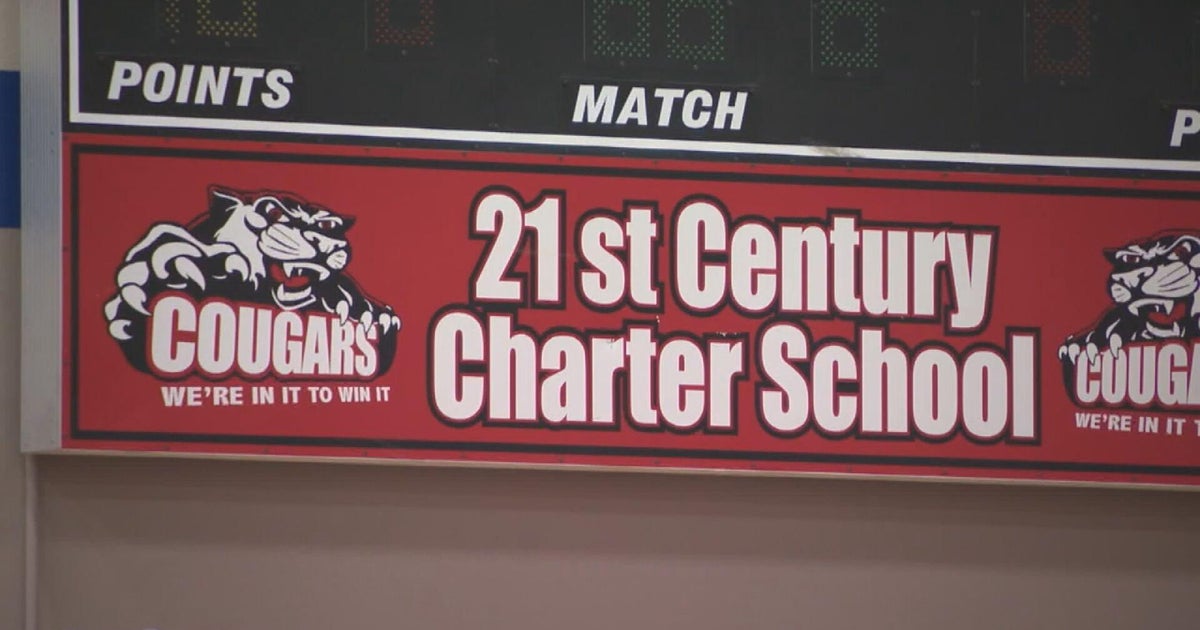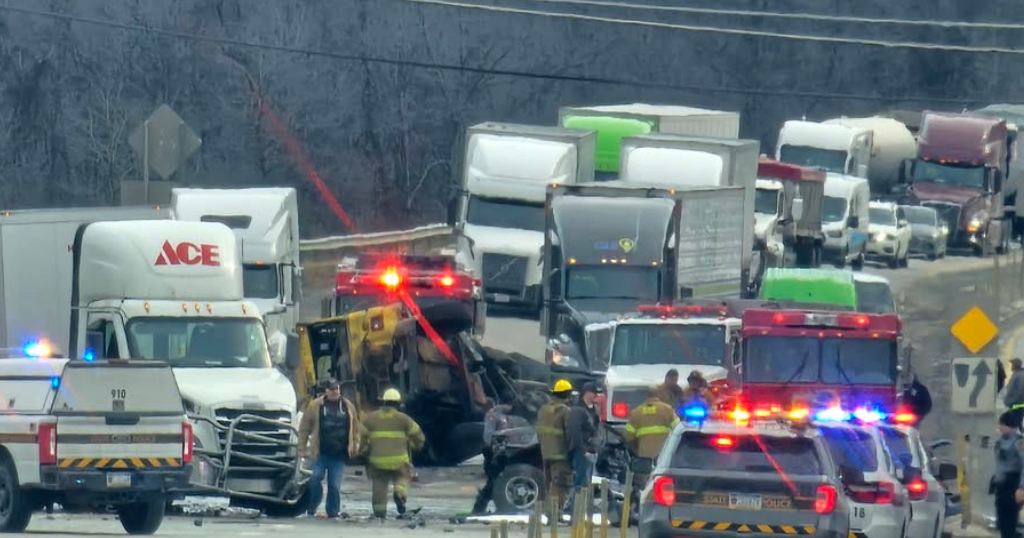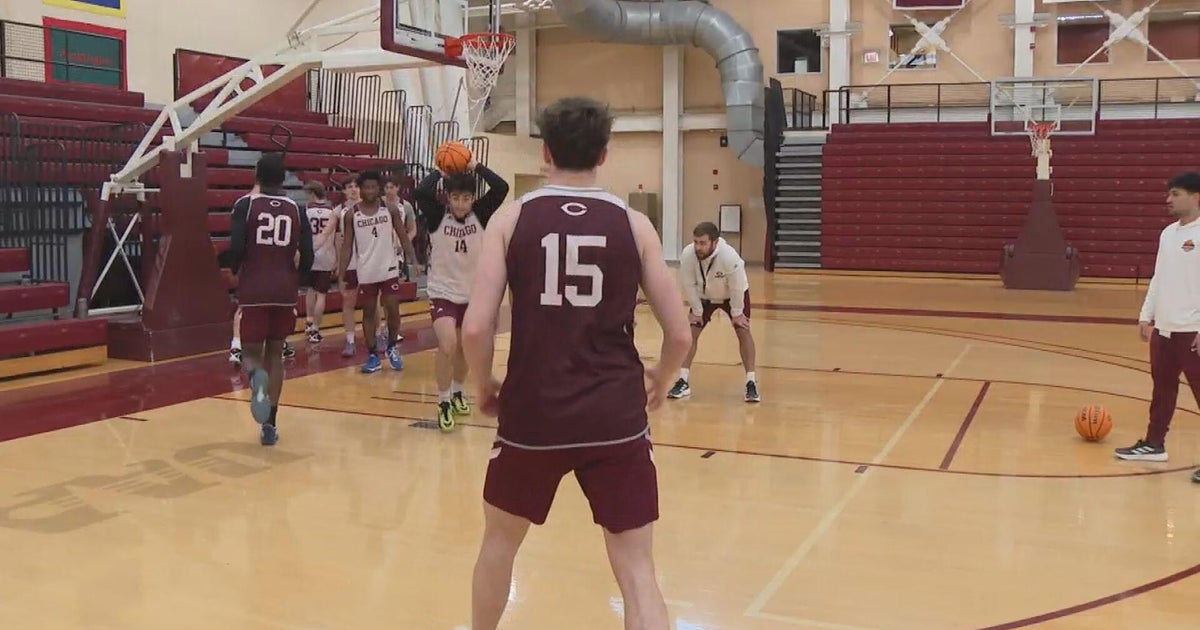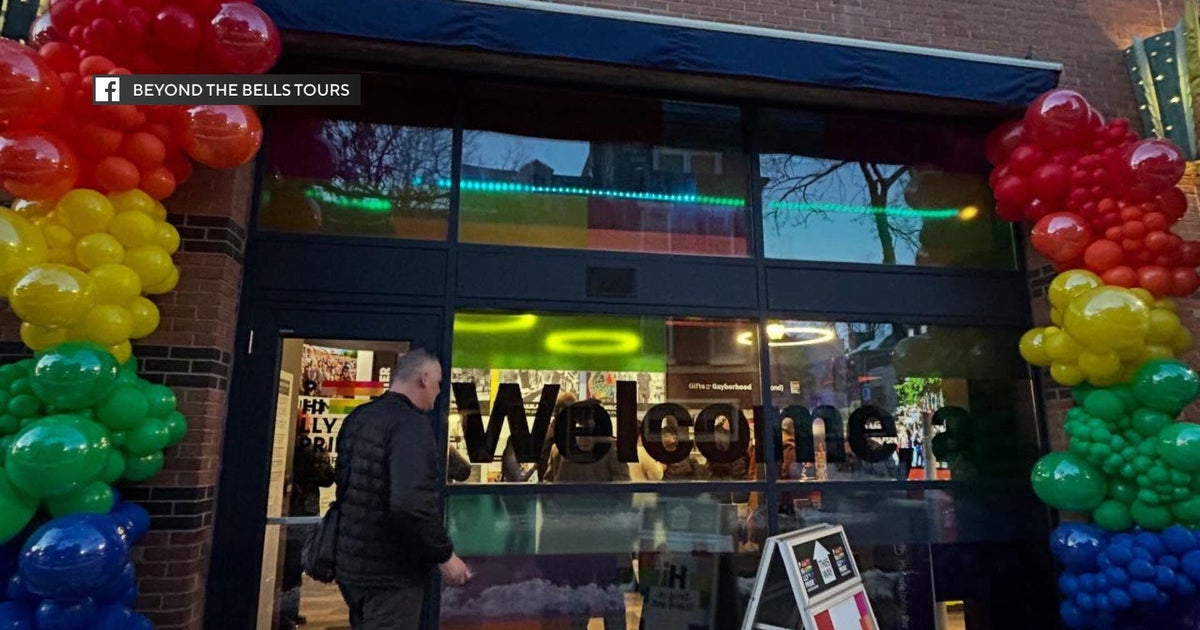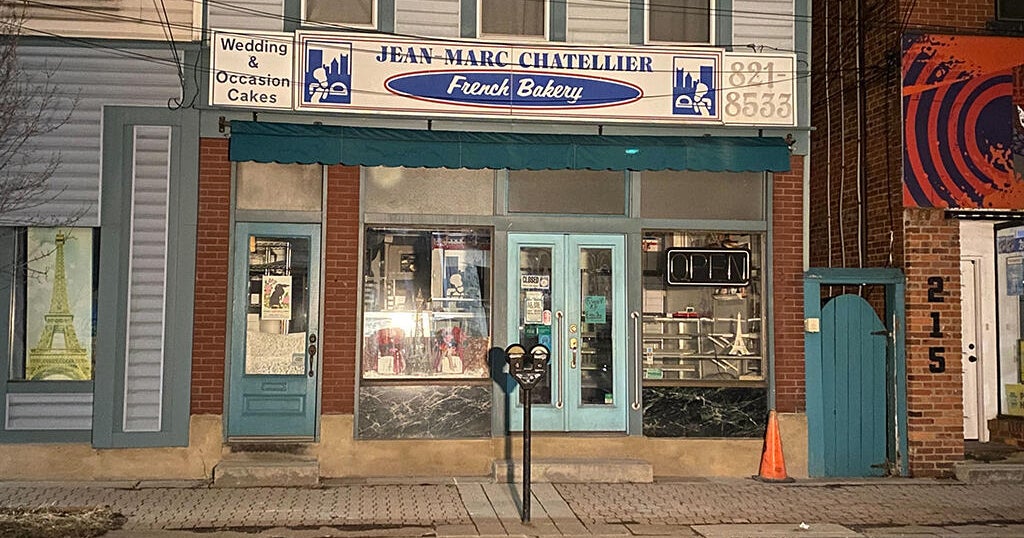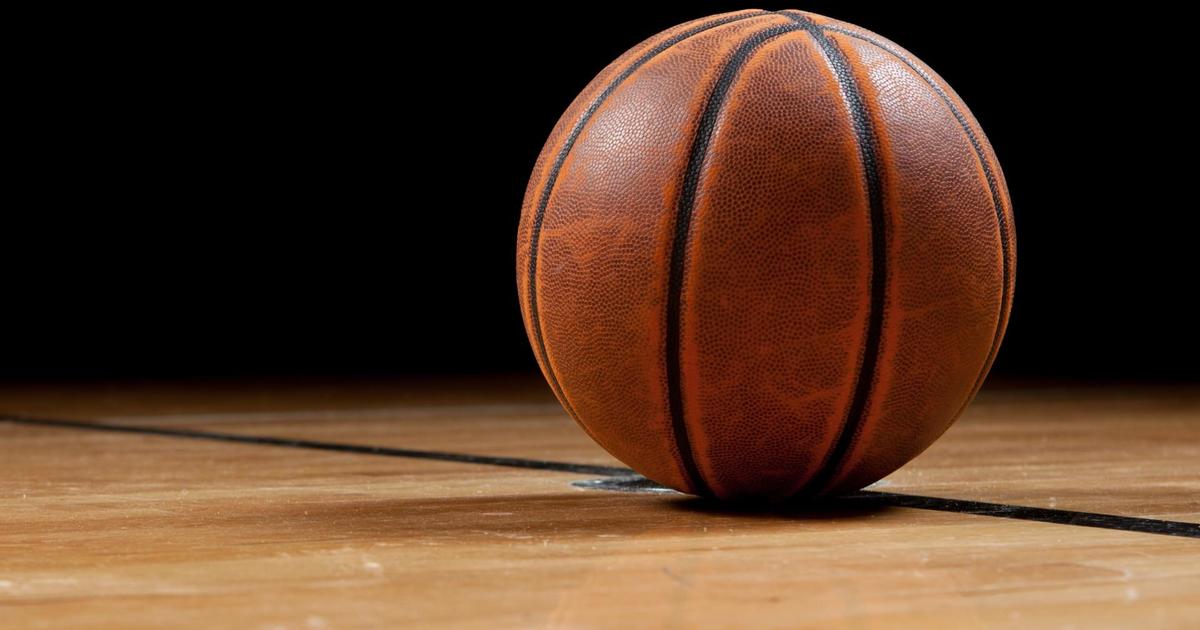NCAA Final Four Boycott Over Indiana Religious Freedom Law Would Be Wrong
COMMENTARY
Indiana's Religious Freedom Restoration has come under intense criticism, threatening the state's economy and reputation. In short, supporters and critics say the law would allow businesses to deny service to lesbian and gay customers if doing so would offend their religious beliefs.
The reaction has been swift and wide across the nation with companies like Walmart, Apple and Gap expressing disapproval.
The Final Four, college basketball's premier event, will be played in Indianapolis this weekend and the NCAA has voiced their disapproval with the law. Said NCAA president Mark Emmert, "As it becomes better understood, we're going to have to sit down and make judgments about whether or not it changes the environment for us doing our work and for us holding events."
Some critics of the law are suggesting that, unless the law is changed by Saturday, that Michigan State, Duke, Kentucky and Wisconsin should boycott the Final Four. Such an action would send the biggest message ever to a state's governing body who's politics and policies seem antiquated and out of touch.
The boycott would also be wrong. The beauty of sport is that it is independent of politics, race, country and religion. Or at least it should be.
SHARE YOUR THOUGHTS
When Jimmy Carter ordered a boycott of the 1980 Olympics in Russia because the Soviets invaded Afghanistan, 55% of Americans supported the idea. But the U.S. Olympians opposed it. Athletes who worked for years for three weeks in the summer of 1980 would be denied that chance because the president opposed a Soviet occupation. The Olympics went on without the United State while the Soviets remained in Afghanistan for another ten years.
Four years later, Russia boycotted the Summer Olympics in Los Angeles.
Hundreds of American athletes were denied their dream. What purpose will it serve to have the colleges and their players bow out of the Final Four? Many will go on to the NBA. Most will not. For most, this is their moment in basketball history; their one shining moment.
The players and colleges can choose a better way to advance the cause of human rights without sacrificing their chance to play basketball.
Stand together at center court and make a statement. Have one player speak on behalf of the four schools and the rest of the country. Join hands in solidarity and defiance. Do something!
But for the players sake, play basketball. Play the Final Four.
See you on TV.
